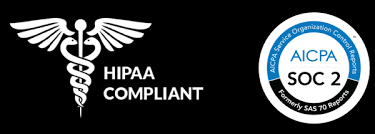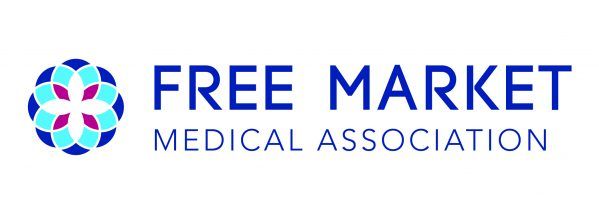Unlocking Insights: The Power of Health Claims Data Analytics

In today’s rapidly evolving healthcare landscape, the ability to harness data effectively is paramount. Among the most valuable resources available to healthcare organizations is health claims data. This data, which includes information about the services patients receive, the costs associated with those services, and the outcomes achieved, can be transformed into powerful analytics that drive decision-making and improve patient care. In this blog, we will explore the various types of analytics that can be derived from health claims data and how they can benefit healthcare providers, insurers, and patients alike.
Understanding Health Claims Data
Health claims data is generated whenever a healthcare service is provided and subsequently billed to an insurance company or government program. This data typically includes:
Patient demographics: Age, gender, location, etc.
Diagnosis codes: ICD codes that specify the medical conditions treated.
Procedure codes: CPT or HCPCS codes that detail the services rendered.
Cost information:
Charges for services, payments made by insurers, and patient out-of-pocket expenses.
By analyzing this wealth of information, healthcare organizations can gain insights into patterns of care, cost structures, and patient outcomes.
Types of Analytics Derived from Health Claims Data
Predictive Analytics
Predictive analytics utilizes historical data to forecast future events. In the context of health claims data, this can manifest in several ways:
Patient Risk Assessment: By analyzing past claims data alongside demographic factors, healthcare providers can identify patients at high risk for chronic conditions such as diabetes or heart disease. This enables proactive interventions and personalized care plans aimed at improving health outcomes.
Cost Forecasting: Organizations can use predictive models to estimate future healthcare costs based on historical spending patterns. This insight is crucial for budgeting and resource allocation.
Claims Processing Analytics
Efficient claims processing is essential for maintaining financial health in any healthcare organization. Claims processing analytics can help identify inefficiencies and areas for improvement:
Denial Management: By examining trends in claim denials, organizations can uncover common issues—such as coding errors or insufficient documentation—that lead to rejected claims. Addressing these issues can significantly reduce denial rates and improve revenue cycles.
Revenue Cycle Optimization: Analyzing claims data allows healthcare providers to streamline their billing processes, reduce Accounts Receivable days, and enhance overall revenue management strategies.
Population Health Analytics
Population health analytics focuses on understanding the health outcomes of groups of individuals rather than individual patients. This approach enables organizations to identify trends and implement targeted interventions:
Medication Adherence Tracking:
Claims data can be used to monitor whether patients are filling their prescriptions as prescribed. Understanding adherence patterns helps identify patients who may require additional support or education regarding their medications.
Preventive Care Utilization: By analyzing claims data related to preventive services (like vaccinations and screenings), healthcare providers can assess how well they are engaging patients in preventive care initiatives. This analysis can inform outreach efforts to improve utilization rates.
Fraud Detection
Fraudulent activities in healthcare can lead to significant financial losses. Advanced analytics derived from claims data can help detect anomalies that may indicate fraud:
Anomaly Detection: By establishing baseline patterns of normal claims activity, organizations can quickly identify unusual patterns that warrant further investigation. For example, a sudden spike in claims for a specific procedure may indicate fraudulent billing practices.
Financial Performance Analysis
Understanding financial performance is critical for sustainable operations in healthcare:
Cost Analysis: Claims data allows organizations to conduct detailed analyses of spending patterns across various services and procedures. Identifying areas where costs are rising unexpectedly enables targeted cost-control measures.
Benchmarking: Healthcare providers can benchmark their performance against industry standards by analyzing claims data. This comparison helps identify areas for improvement and informs strategic decision-making.
Conclusion
The analytics derived from health claims data are not just numbers; they represent opportunities for improvement across the entire healthcare ecosystem. By leveraging these insights, healthcare organizations can enhance patient care, optimize operations, reduce costs, and ultimately achieve better health outcomes.
As technology continues to advance and the volume of health claims data grows, the potential for innovative analytics will only increase. Embracing these analytical capabilities is essential for any organization aiming to thrive in today’s complex healthcare environment.
Incorporating robust analytics from health claims data not only supports operational efficiency but also fosters a culture of continuous improvement- ultimately benefiting patients and providers alike. The future of healthcare lies in the ability to turn data into actionable insights that drive meaningful change.



